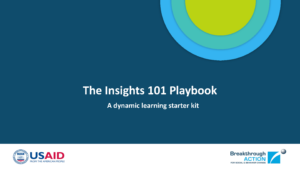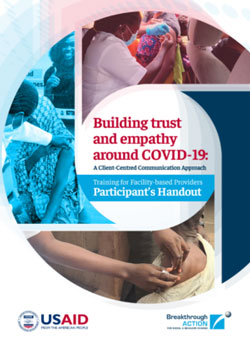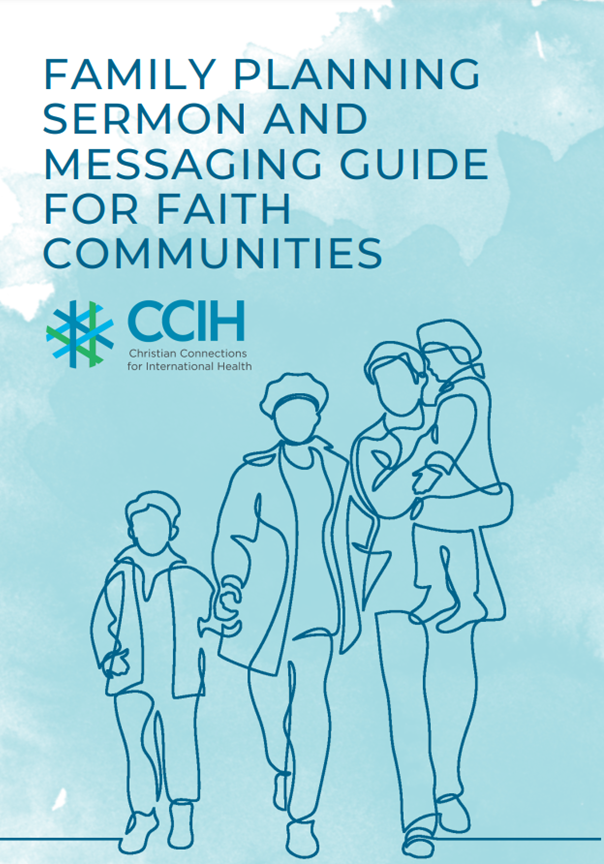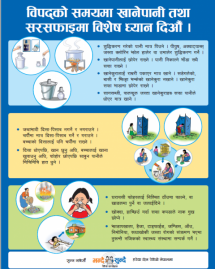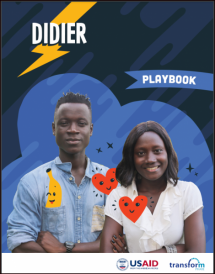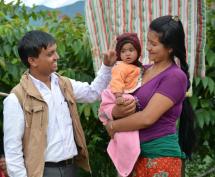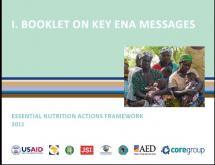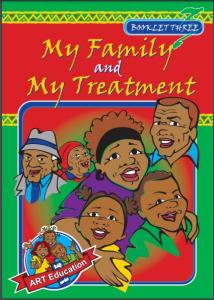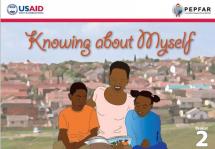The Insights 101 Playbook: A Dynamic Learning Starter Kit
The Insights 101 Playbook is an introductory guide to one of the key building blocks of dynamic social and behavior change (SBC) project design: insights. It has been designed to offer concise and practical guidelines with examples—from identifying insights to applying and sharing them across project partners. Consider insights as the distillation of formative research that allows you to include the research findings in the design.
What’s inside?
The Playbook includes three chapters that use a case example to walk through the different insight phases:
- Identify and articulate insights
- Convert an insight into an opportunity
- Share and apply insights
The chapters provide an overview with clear guidance, a case study, and a capacity-strengthening component. There are insights about teams, approaches, processes, and more.
Last modified: February 9, 2024
Source: Johns Hopkins Center for Communication Programs
Year of Publication: 2024

